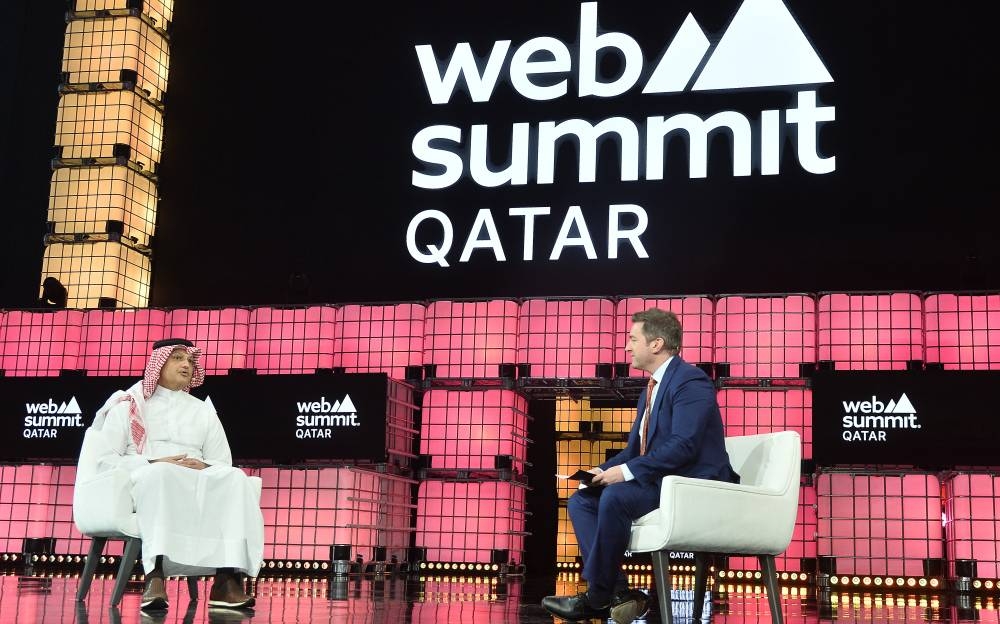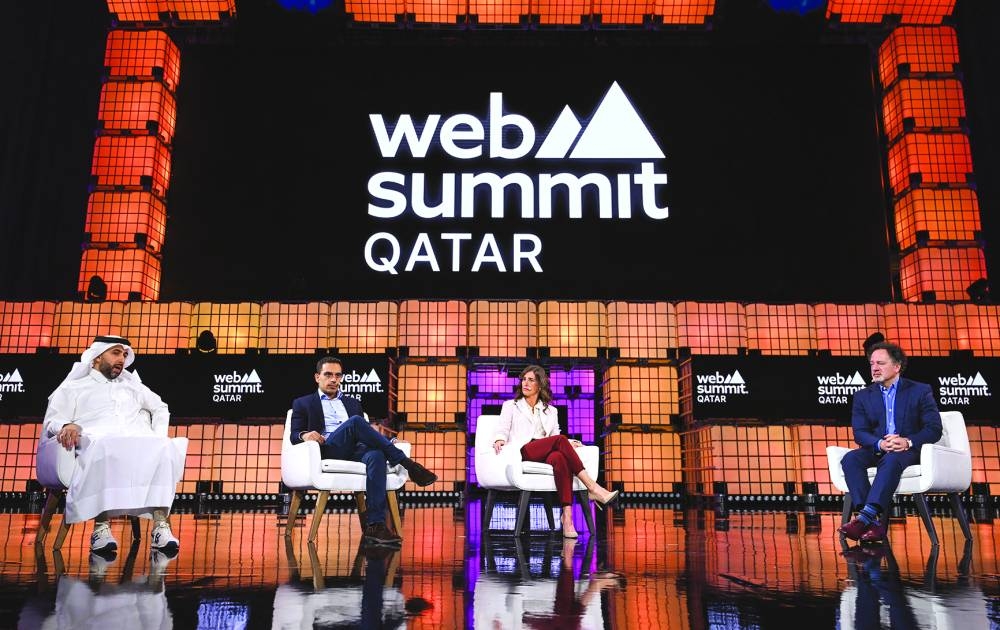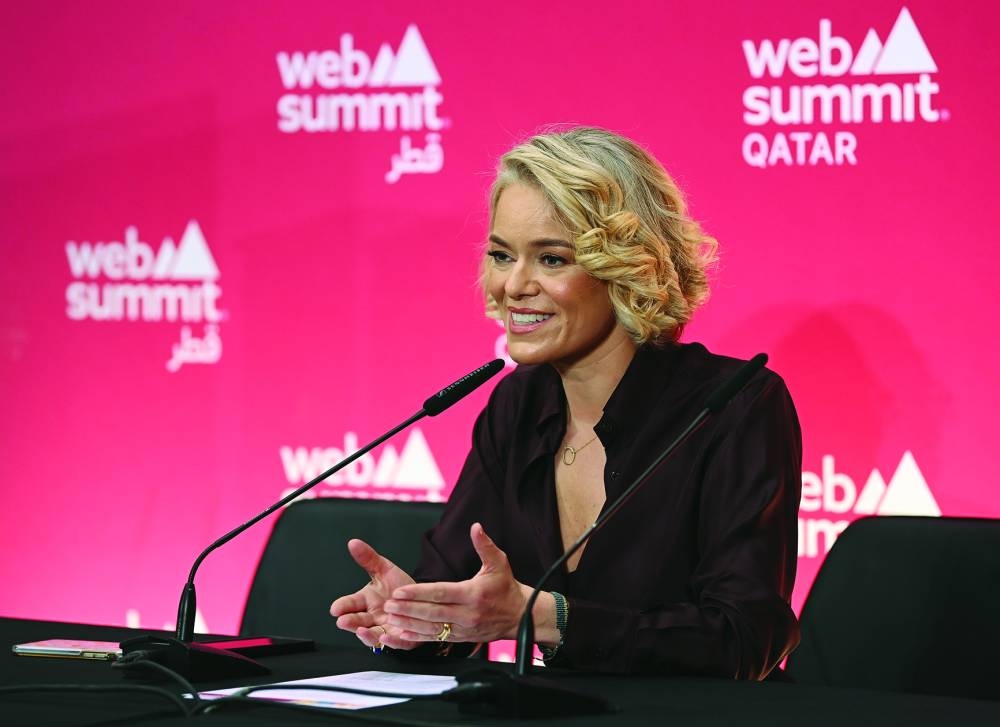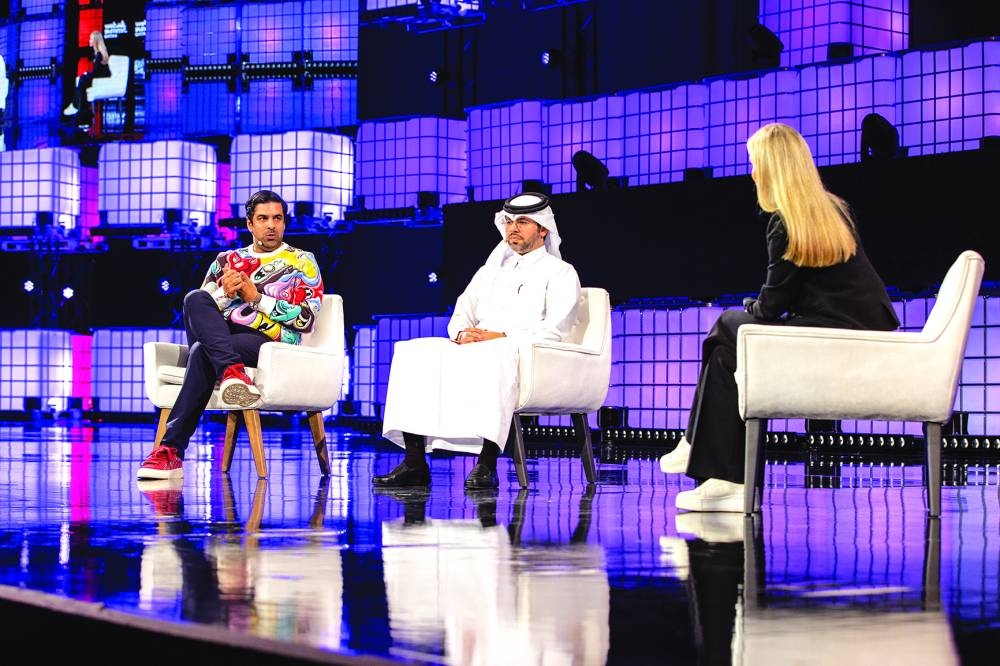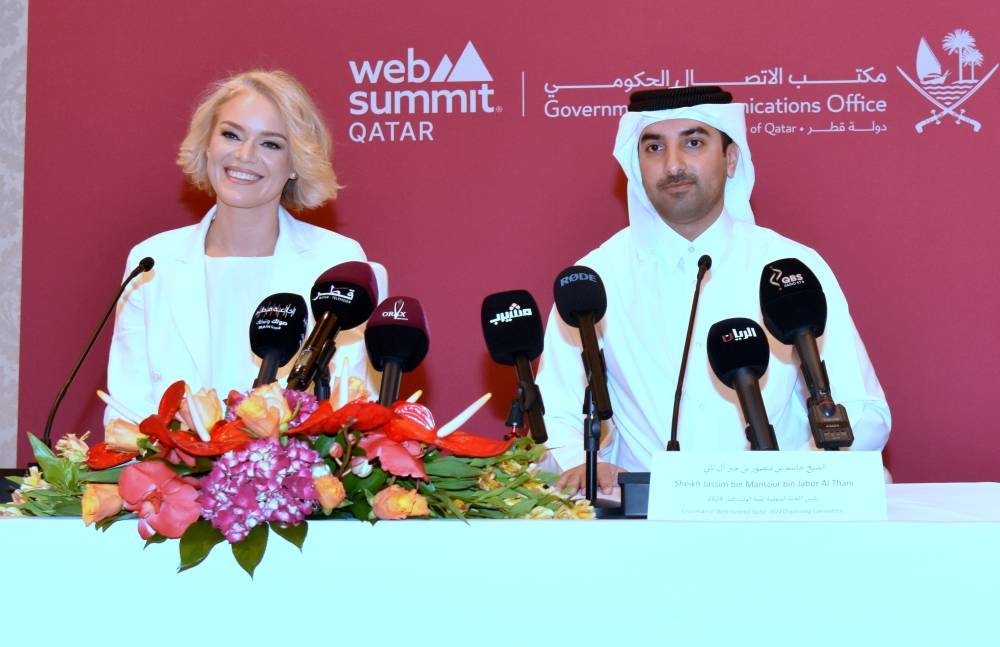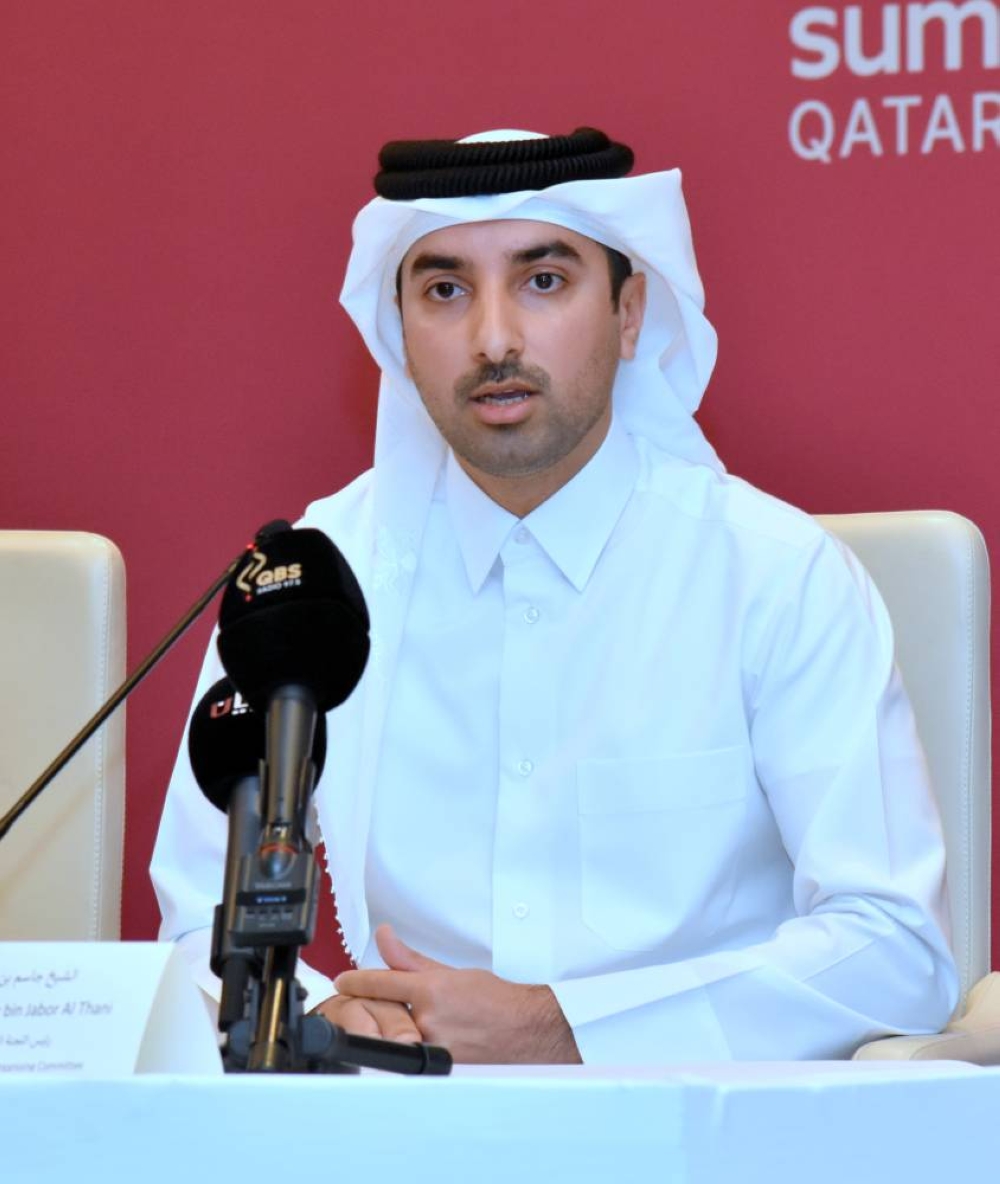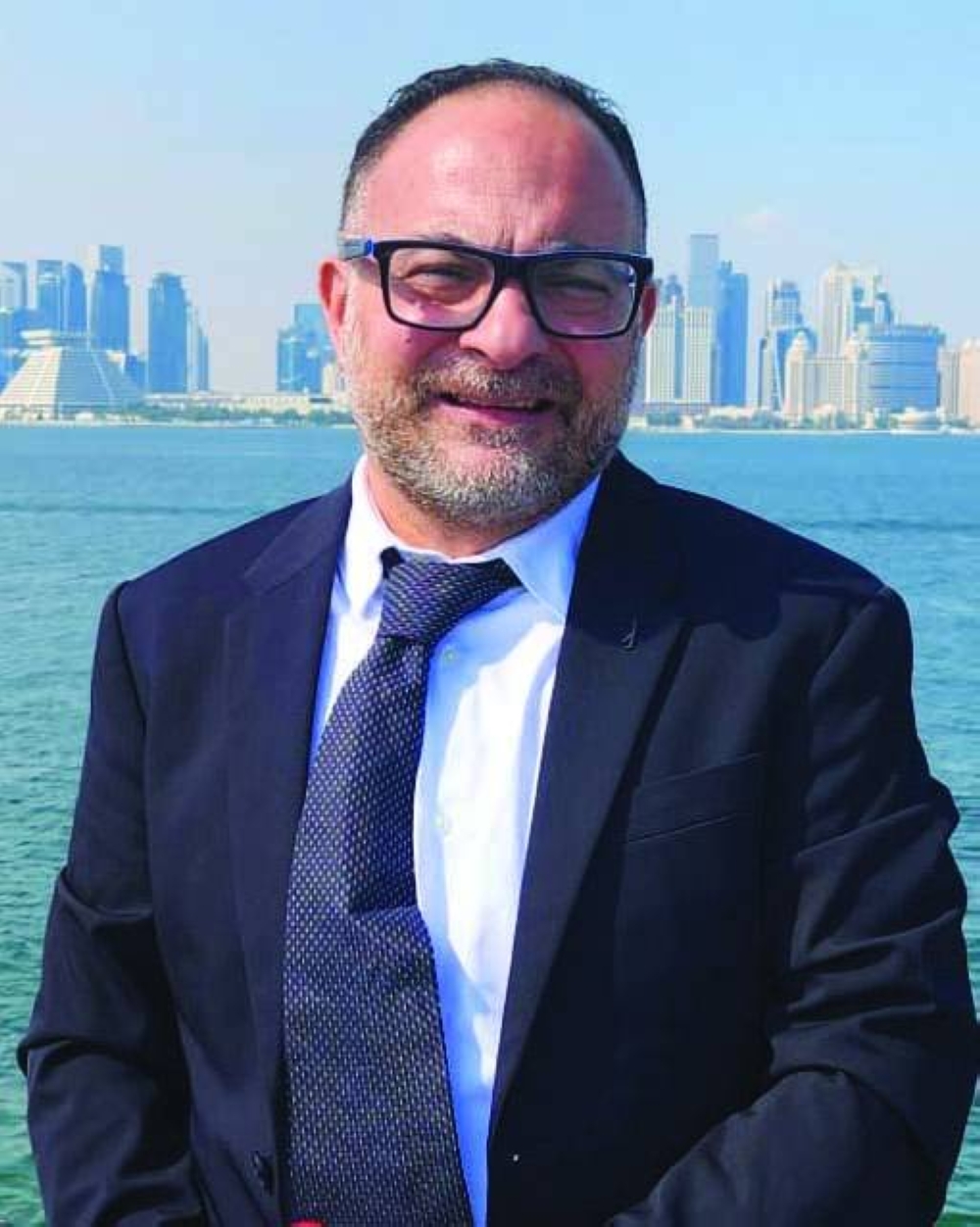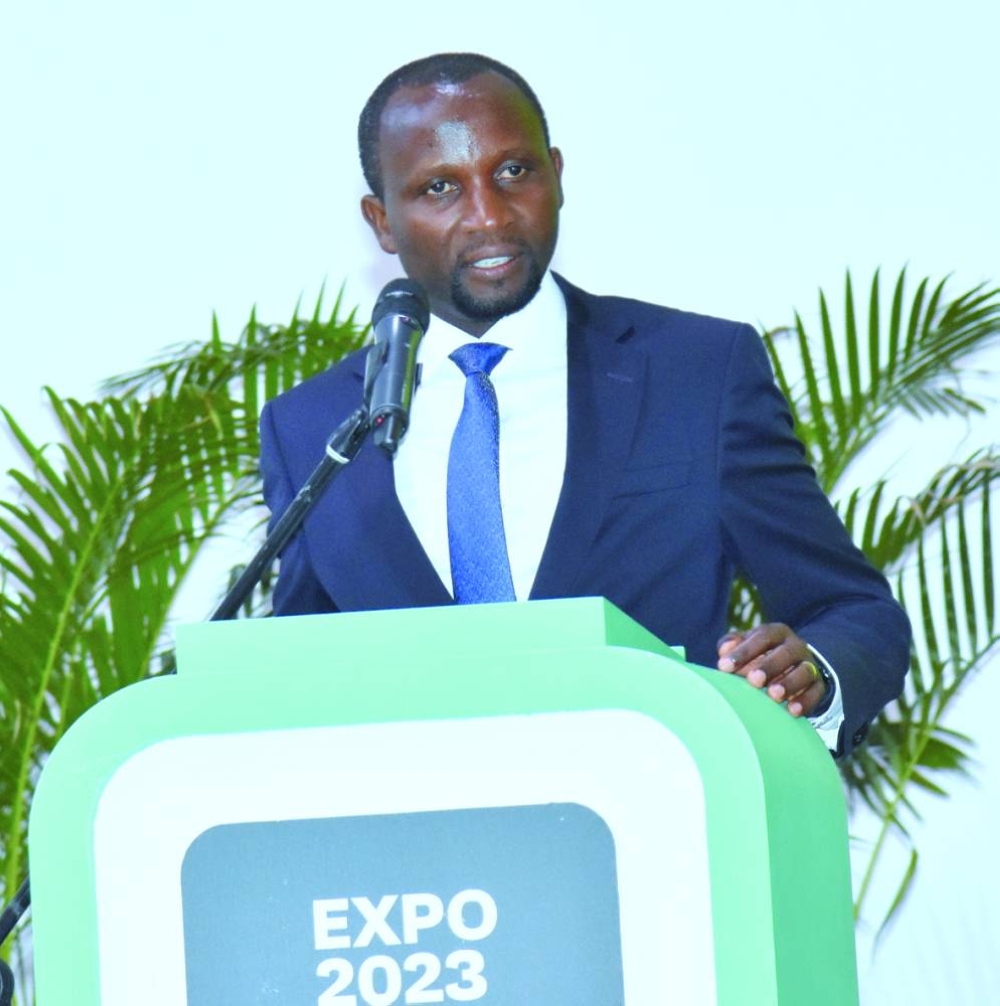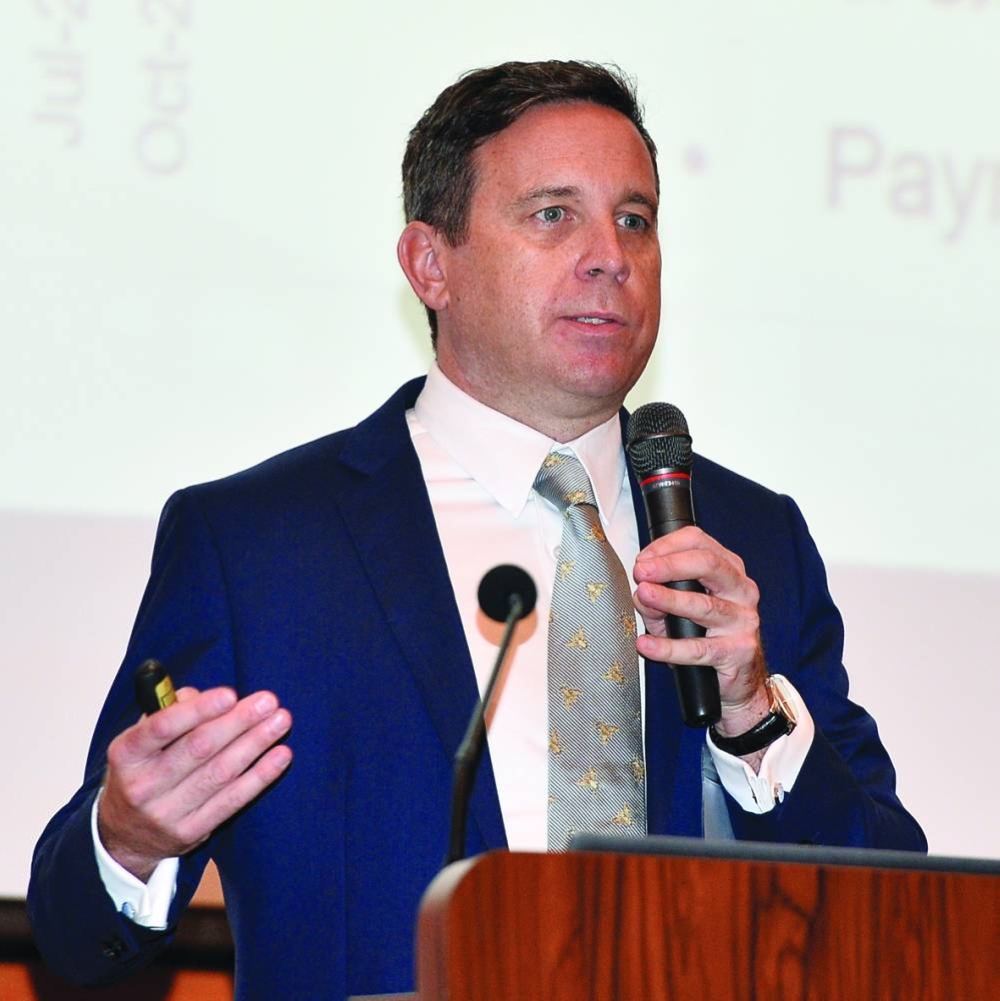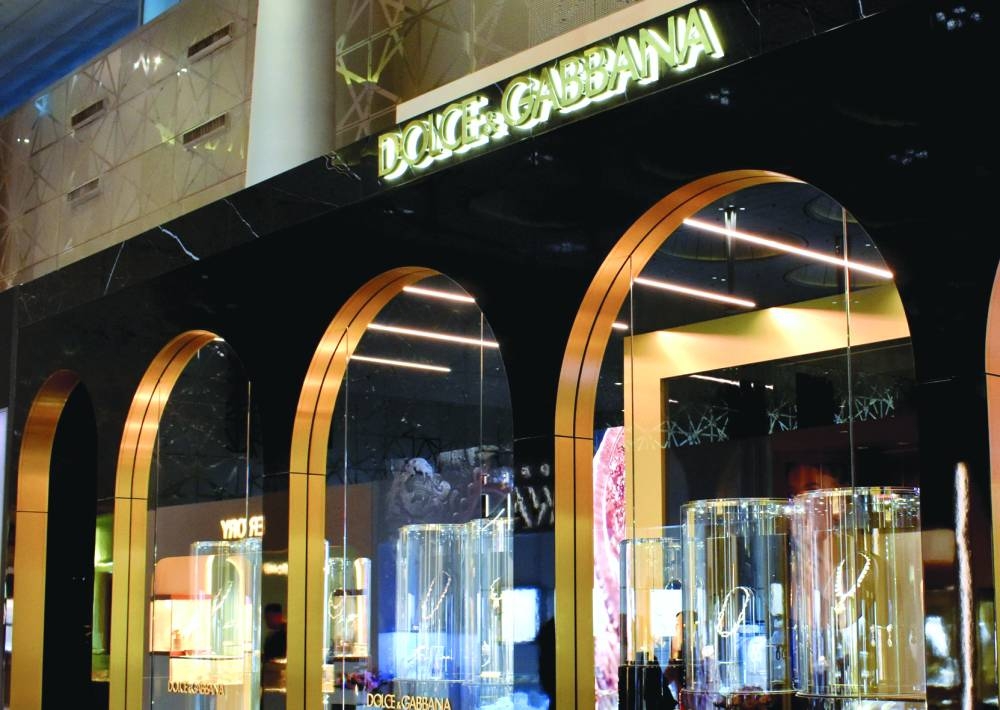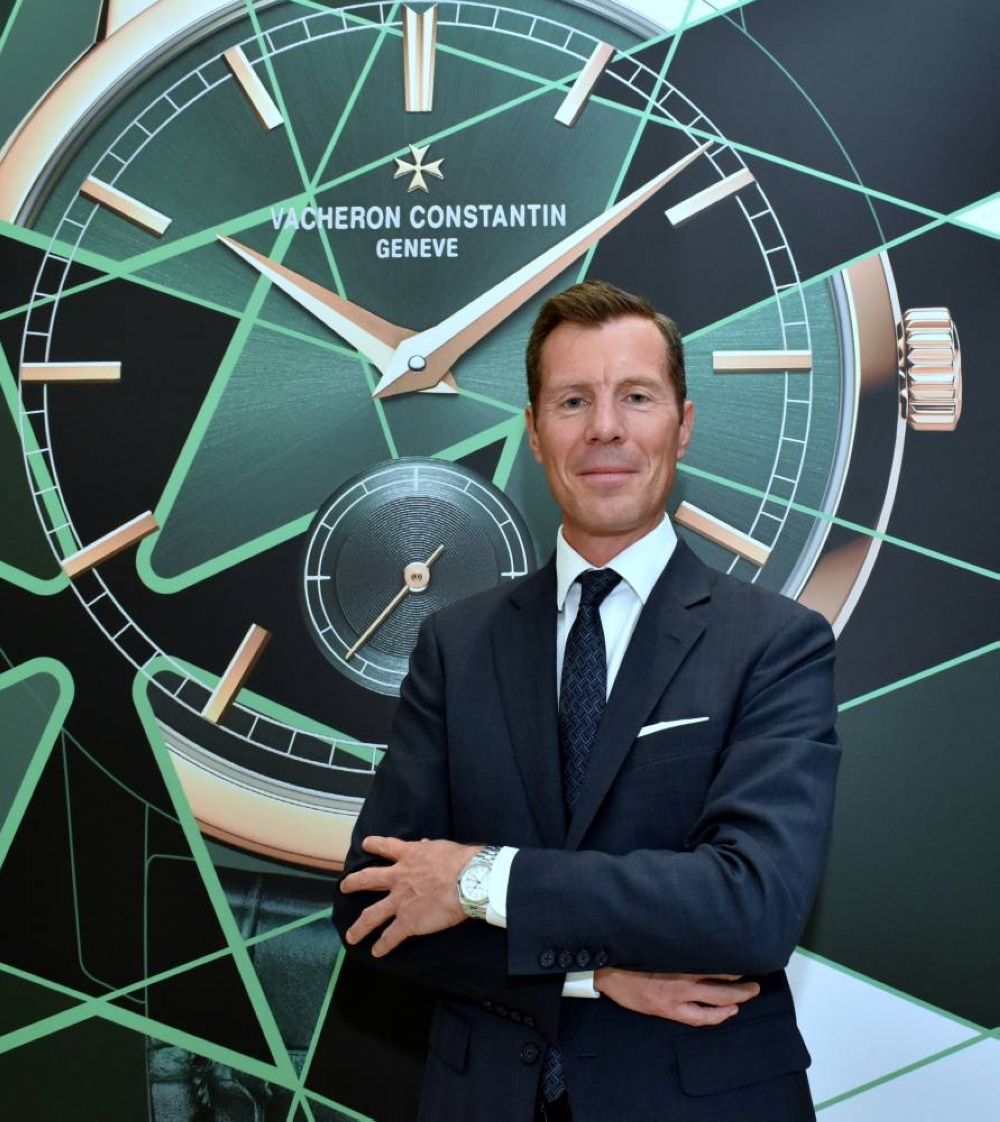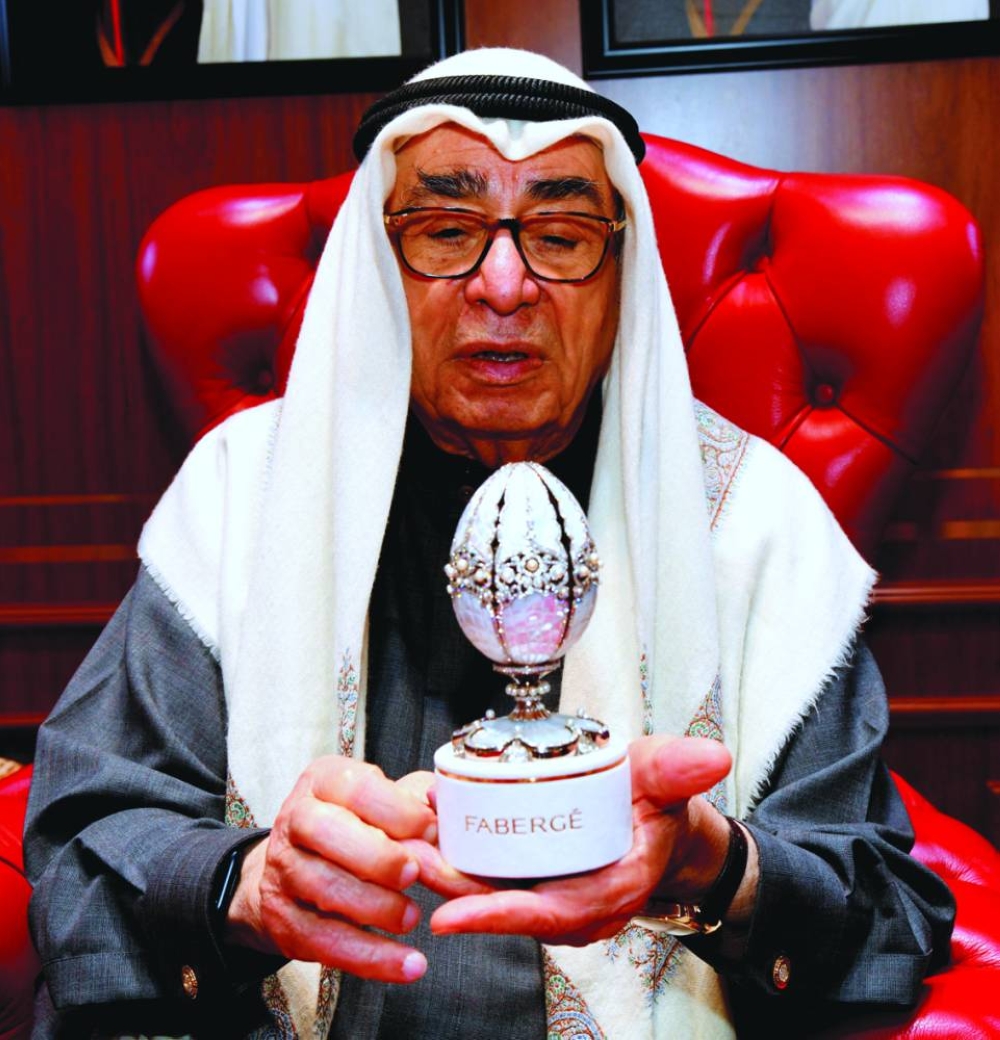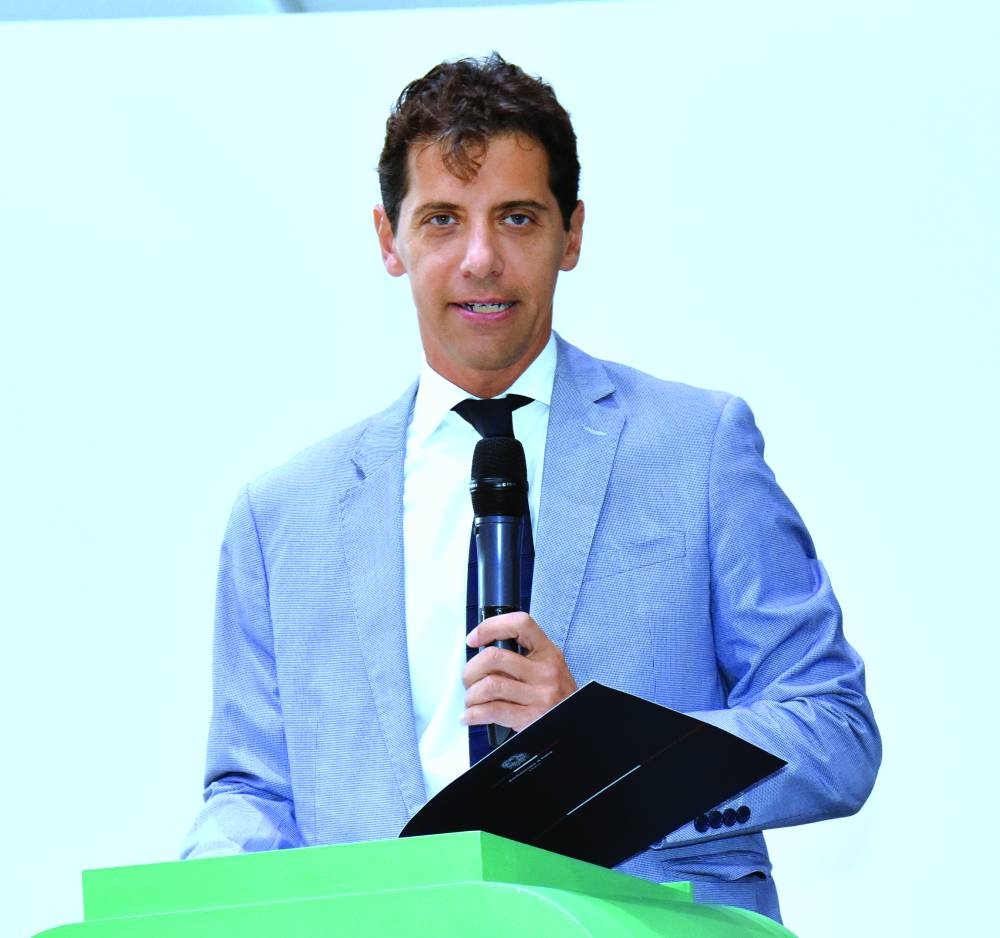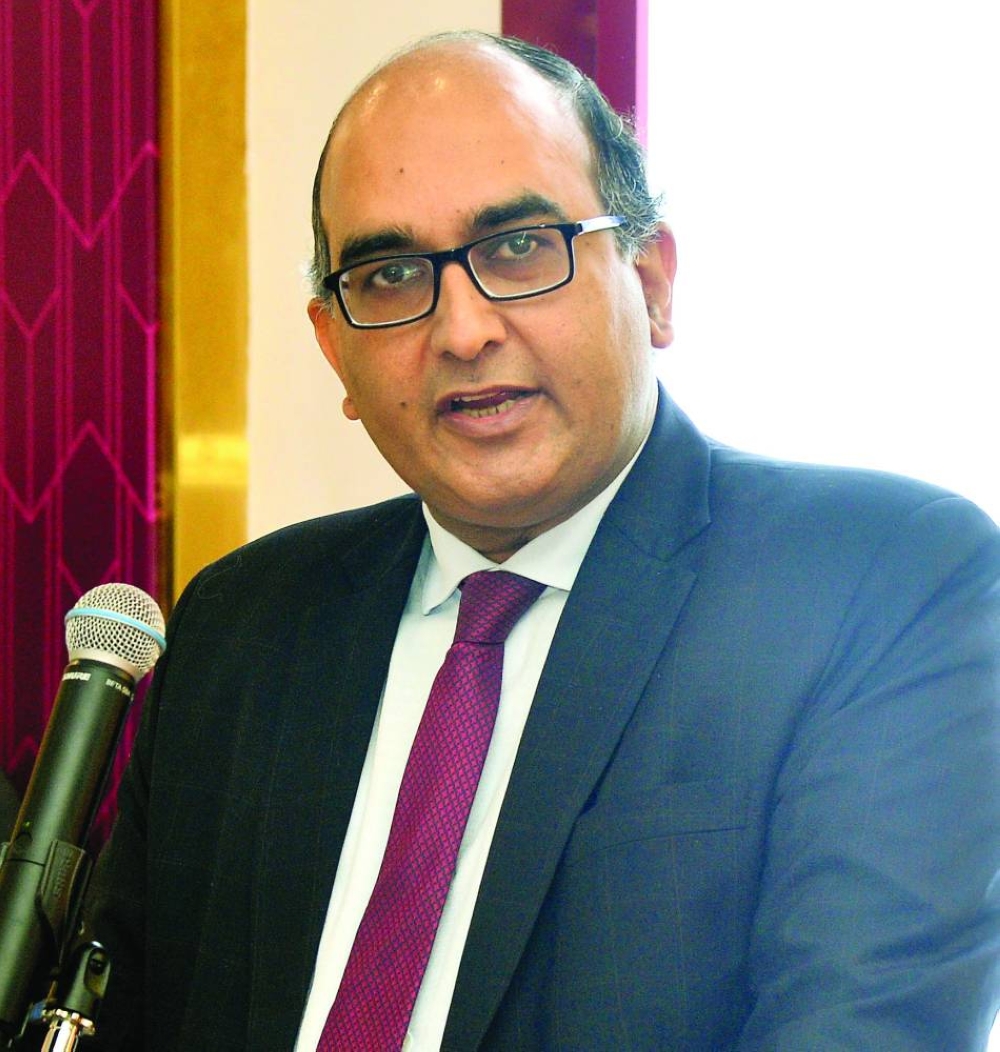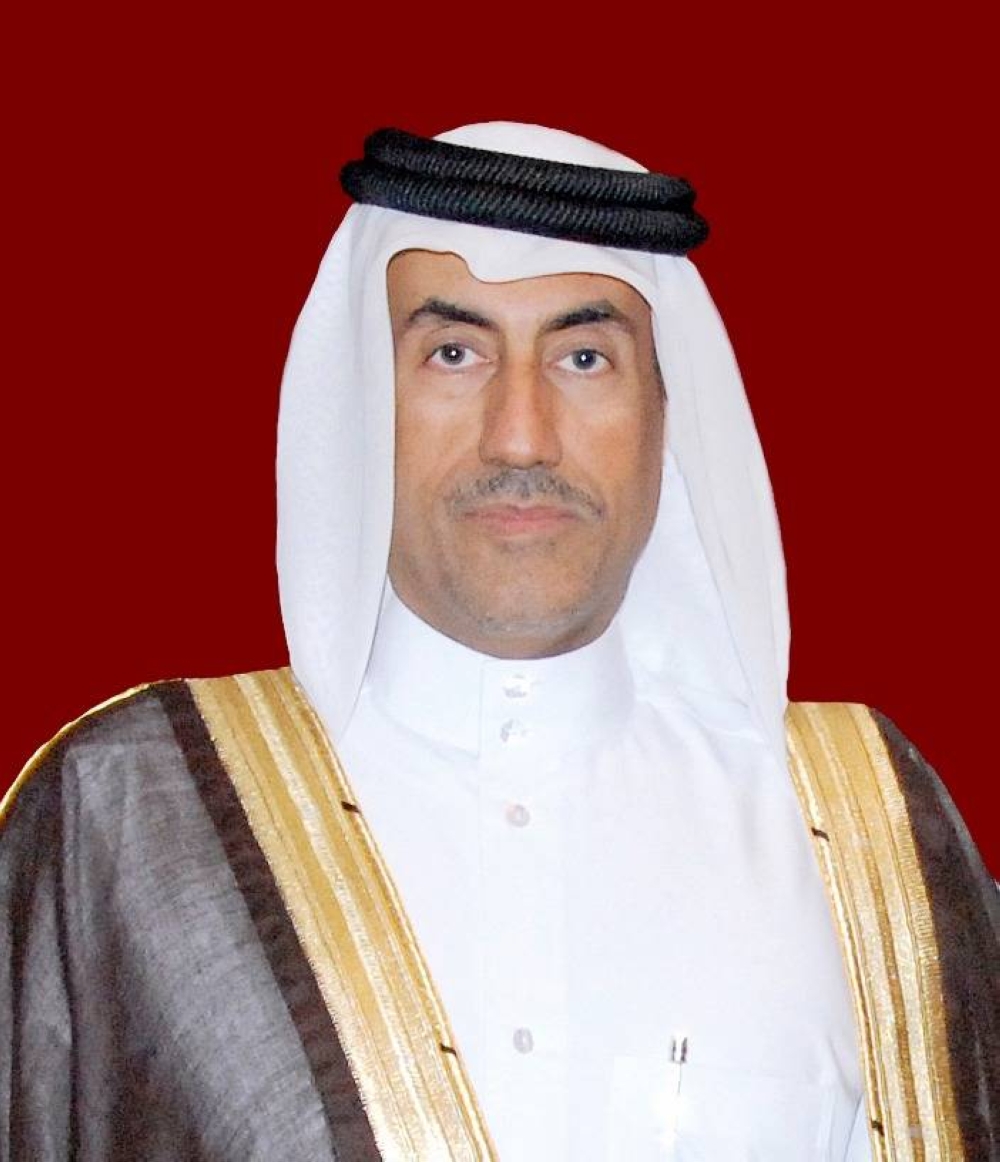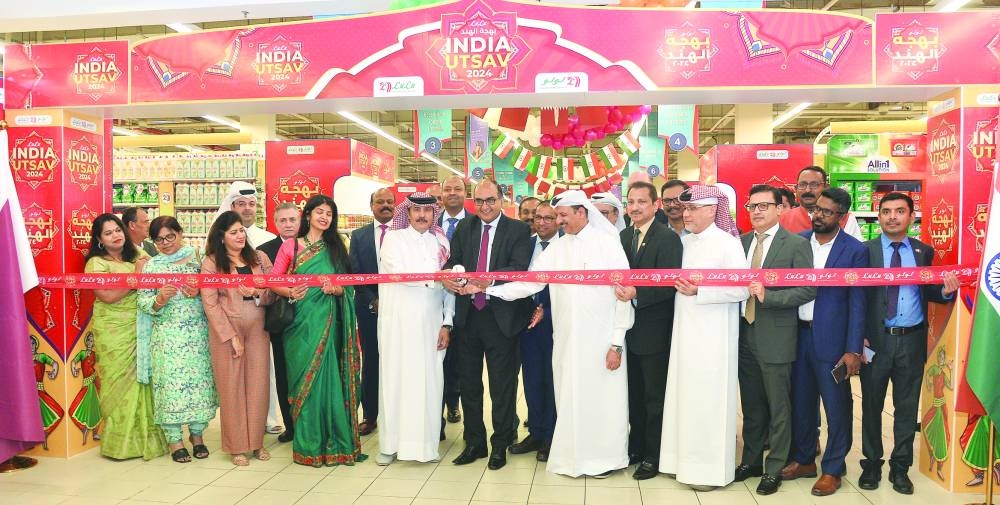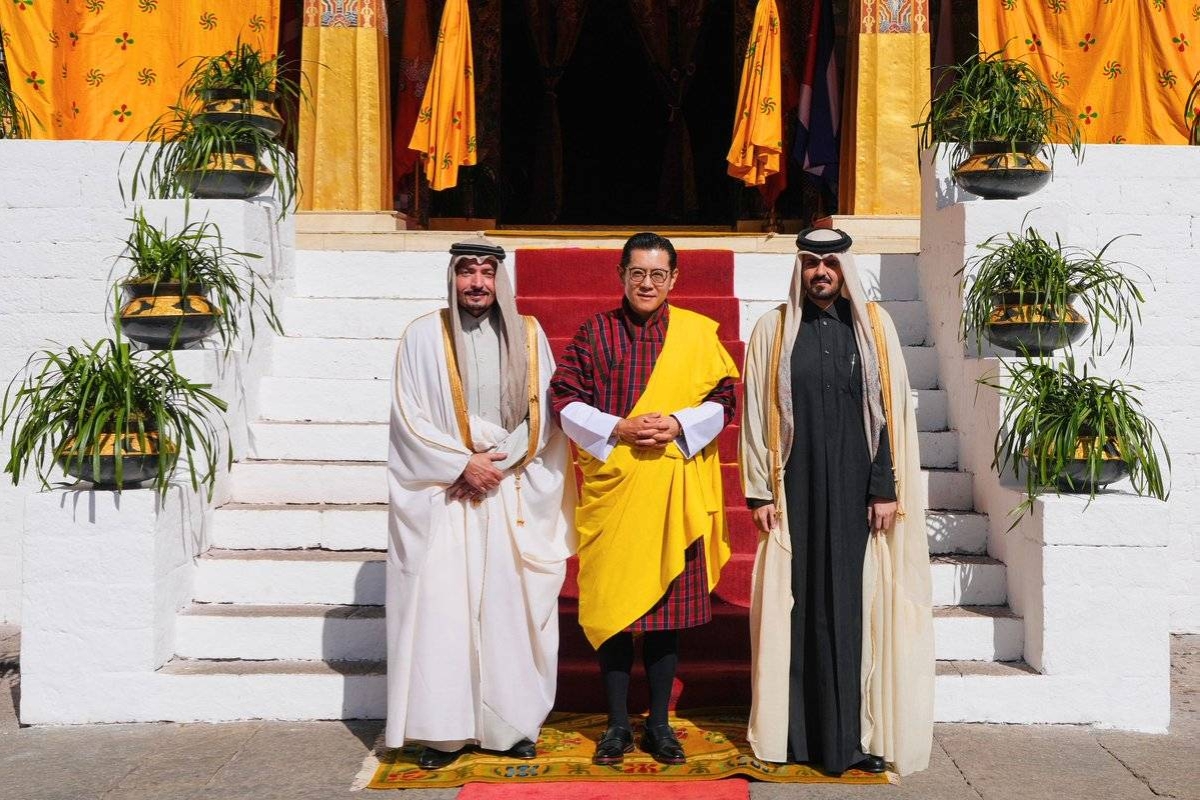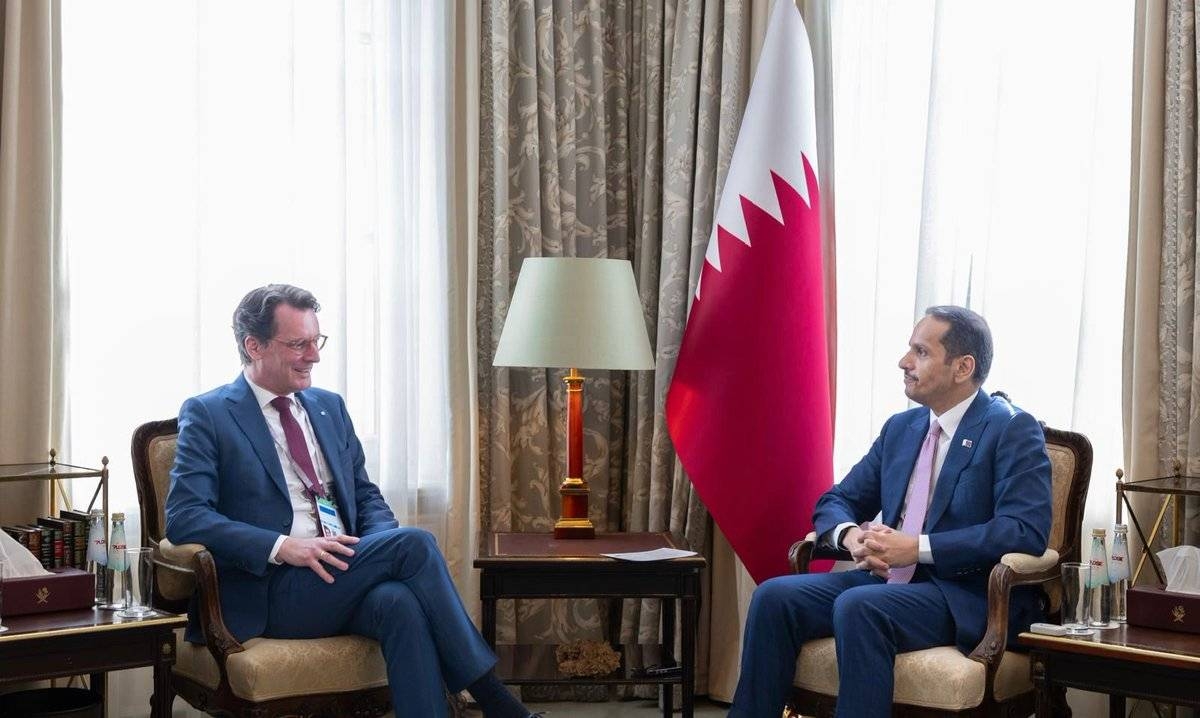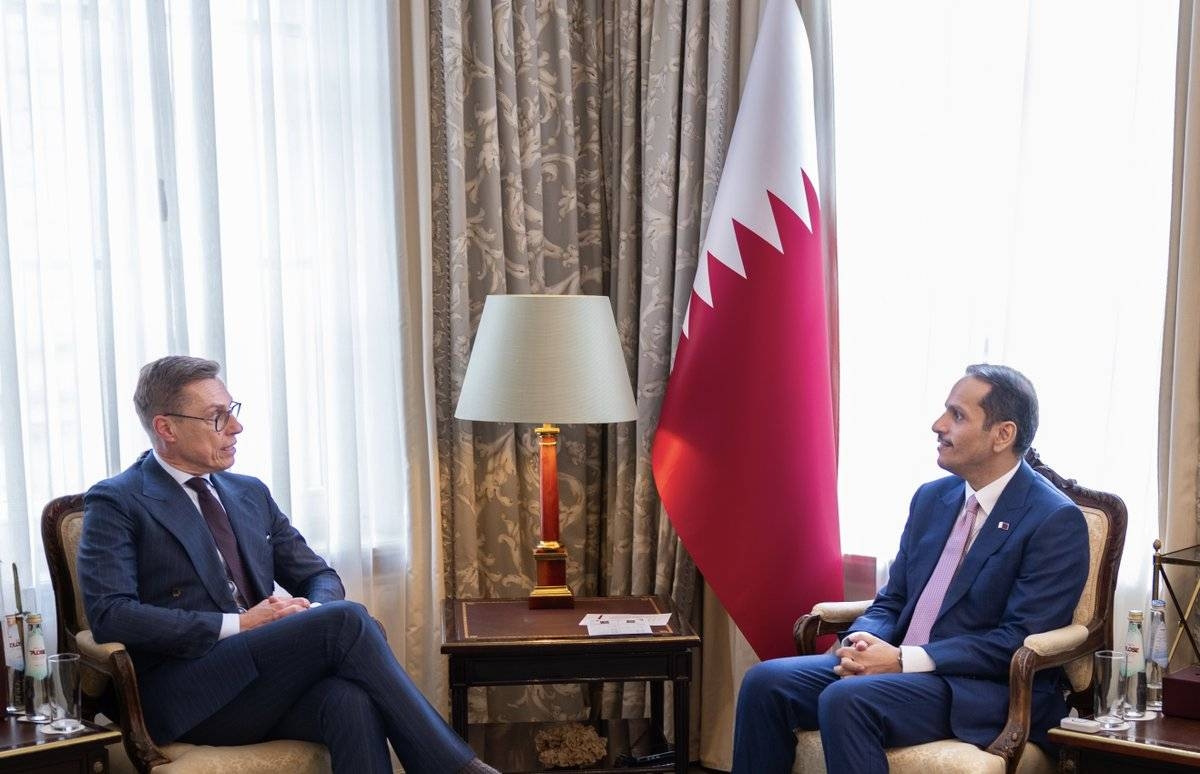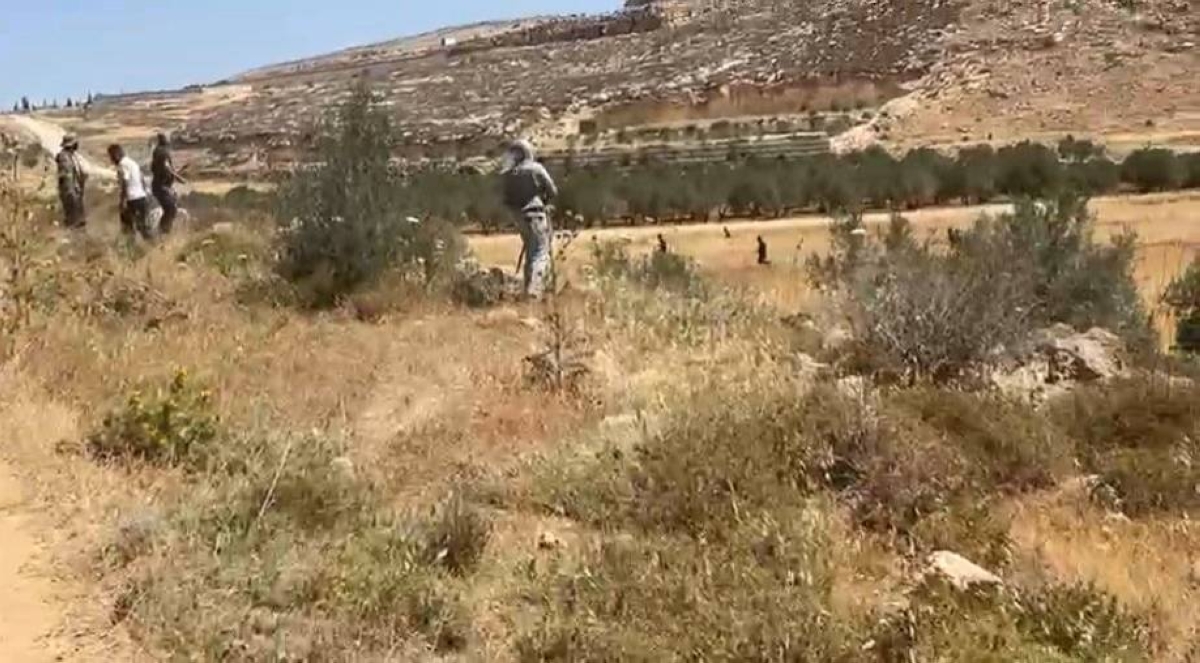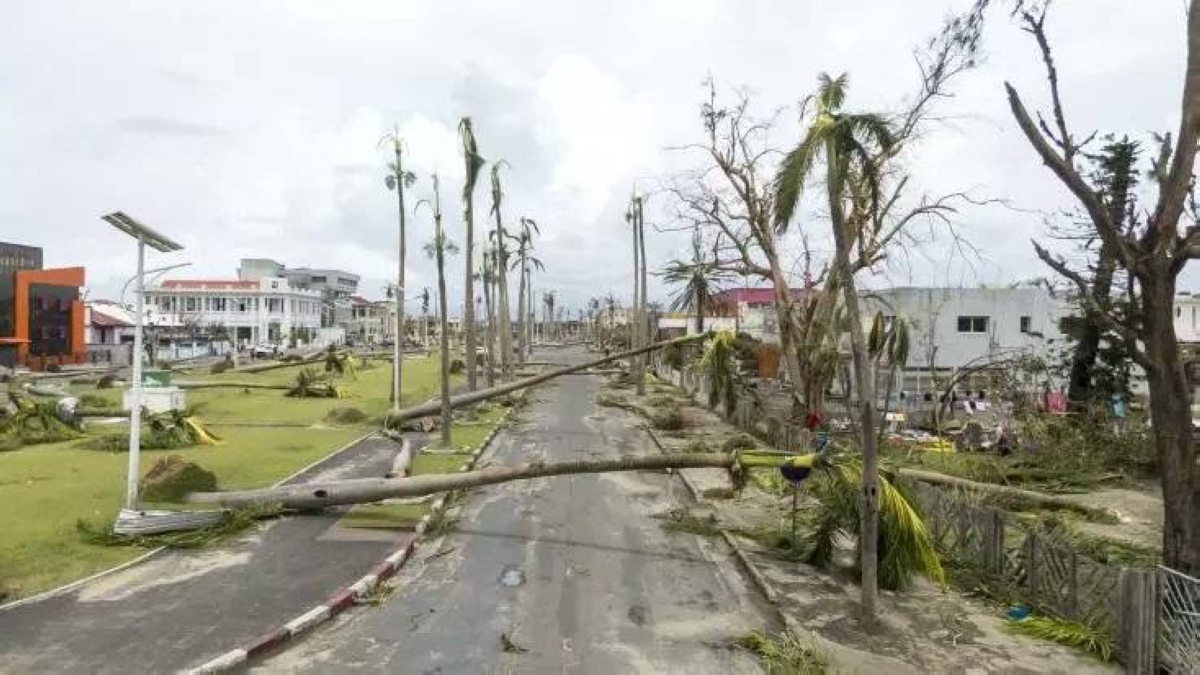LuLu Group has recently organised the grand ‘India Utsav’ at LuLu Hypermarket in Gharafa to commemorate the celebration of India’s 75th Republic Day.India Utsav, a 10-day festival, which will run until February 2, is showcasing a diverse array of Indian food, spices, fruits, vegetables, authentic dishes, and ethnic clothing. It also honours India’s rich culture and heritage while promoting the highest quality products from the South Asian nation.The festival was inaugurated by Indian ambassador Vipul in the presence of Qatari dignitaries and community leaders, including representatives from various Indian organisations like ICC, ICBF, ISC, IWA, and IBPC.LuLu Group has been organising this annual festival for the past two decades, not only to mark India’s Republic Day but to pay tribute to longstanding trade relations between Qatar and India. This year holds special significance as both nations celebrate 50 years of bilateral relationship.In a speech, Vipul said: “It is an honour to stand before you on this auspicious Republic Day of India here at LuLu Hypermarket. I extend my heartfelt gratitude to the distinguished members of the Qatari society and the Indian community who have joined us today.“As we celebrate the 75th Republic Day of India, it is a momentous occasion to reflect on the incredible journey of our nation. India stands as the fastest-growing economy among the world’s largest economies – a testament to the success achieved over seven decades.”The inaugural ceremony featured a fusion of traditional art forms from Bengali, Rajasthani, Kathak, and Odissi, enriching the spirit of the festival. A choir from Podar Pearl School sang the Qatar and Indian national anthems, while a dance performance added a touch of cultural diversity.As part of the festival, Vipul inaugurated the ‘Indian Silk and Ethnic Wear Fest’ at the Saree Section, showcasing a wide collection of pure natural and synthetic silk from India, including saris, readymade garments, and dress material at discounted rates.In the past two decades, India has made significant strides in education, science, technology, and IT, culminating in the historic landing of Chandrayaan on the dark side of the moon in 2023 a feat unmatched by any other nation, Vipul announced during his speech.“Here in Qatar, I express sincere thanks to the leadership and people for hosting over 800,000 Indians, forming the largest expatriate community. Our historic and cultural ties have resulted in robust trade relations with over $18bn in trade and a vital long-term gas deal securing India’s energy needs,” he said.Vipul acknowledged the special role played by LuLu Group in Qatar-India trade ties, saying Lulu Hypermarkets cater to diverse communities, especially the Indian community and have become flag bearers in importing Indian goods.“Celebrating India’s Republic Day in this manner fills my heart with pride. I express gratitude to the LuLu Group for their commitment to fostering Indo-Qatari relations through the India Festival. I am confident that our bilateral ties will continue to prosper, reflecting the shared commitment of India and Qatar to progress and cooperation.“I extend warm wishes to everyone present here on the joyous occasion of Republic Day. May the friendship between India and Qatar continue to thrive, and both nations march ahead with vigour in the years to come,” Vipul added.The festival offers a variety of food products, including organic items imported from different parts of India. LuLu Group regularly imports over 4,000 items of Indian origin, encompassing popular fast-moving consumer goods (FMCG), LuLu private label products, fruits, vegetables, packaged food products, household goods, kitchen essentials, traditional wear, and other garments, making them available throughout the year in all stores across the region.India Utsav offers an exclusive display of these products at all LuLu stores, providing customers with access to a wide range of choices. Moreover, LuLu Hypermarket's special focus has been placed on showcasing a variety of millets from India, with an exclusive corner dedicated to different types of nutritious grains.The festival also showcases a vast selection of bakery products made from millets and freshly prepared hot foods, including biryanis, curries, popular street foods, traditional sweets, and other delightful delicacies.This celebration not only enriches the cultural diversity of the country but also underscores LuLu Group’s dedication to providing its customers with a diverse and premium shopping experience.LuLu Group is a leading retail chain committed to providing customers with a diverse range of high-quality products. With a focus on international sourcing and cultural exchange, LuLu Group continues to set industry standards through innovative promotions and events.


